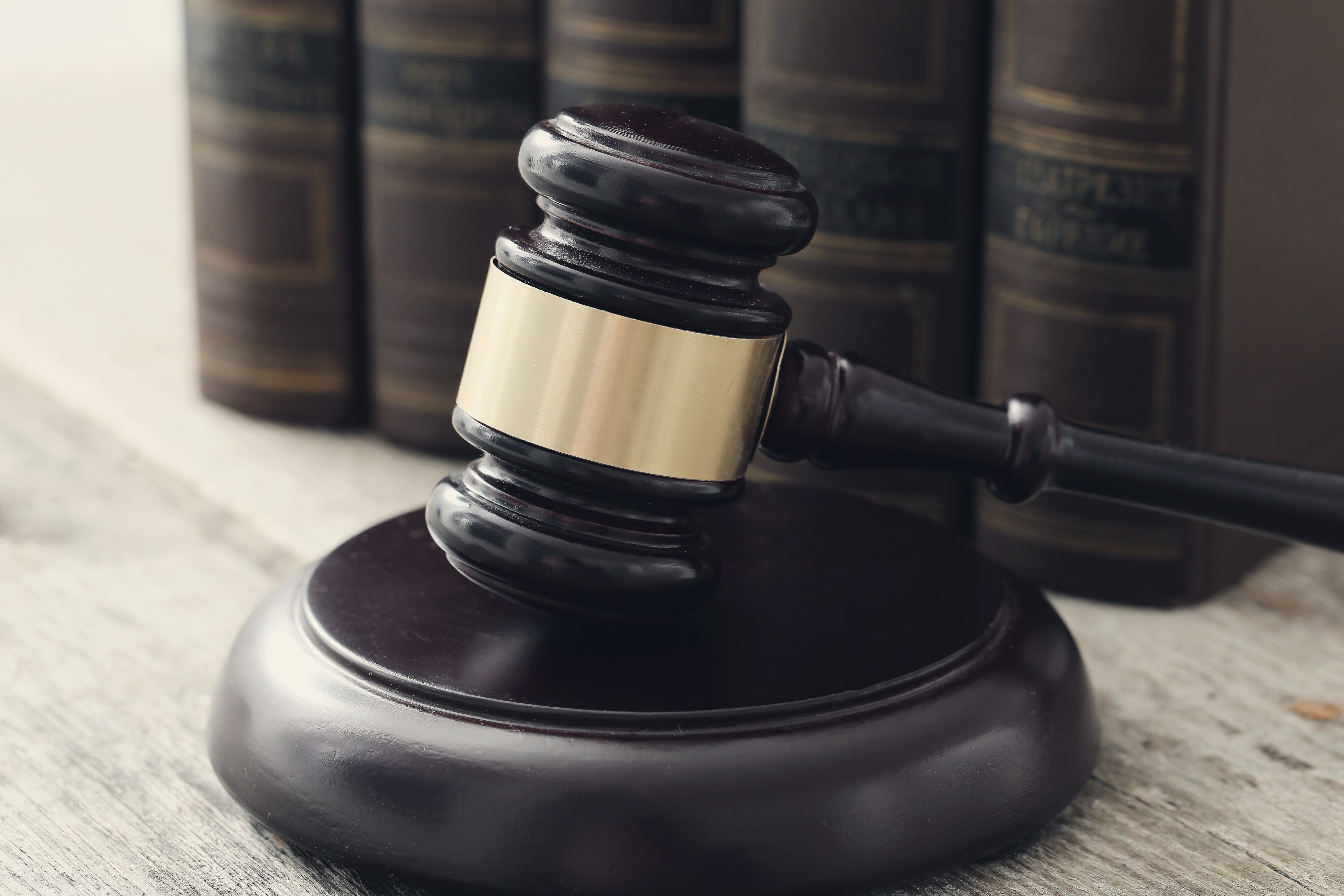March 5, 2023 • Law
Introduction:
Pakistan is a country with a rich cultural and historical background. It is located in South Asia and is the world’s fifth-most populous country. The country gained independence in 1947, and since then, its legal system has evolved significantly. The basic law in Pakistan is the Constitution, which is the supreme law of the land. In this blog, we will discuss the basic law in Pakistan and how it governs the country.
Constitution
-
The Constitution of Pakistan was first adopted in 1956, and since then, it has undergone several amendments. The latest version of the Constitution was adopted in 1973 and is currently in force. The Constitution establishes Pakistan as a federal parliamentary republic, where the President is the Head of State, and the Prime Minister is the Head of Government.
-
The Constitution of Pakistan sets out the fundamental rights of citizens, including the right to life, liberty, and the pursuit of happiness. It also guarantees freedom of speech, religion, and the press. The Constitution also lays down the fundamental principles of the state, including democracy, equality, social justice, and the rule of law.
-
The Constitution divides the powers between the federal government and the provincial governments. The federal government is responsible for matters of national importance, such as defense, foreign affairs, and currency. The provincial governments are responsible for matters that are more localized, such as education, health, and local government.
-
The Constitution also establishes a system of checks and balances to ensure that no one branch of government becomes too powerful. The judiciary, for example, is an independent branch of government that is responsible for interpreting the law and resolving disputes. The Constitution also establishes a bicameral legislature, with the National Assembly and the Senate, which work together to make laws.
In addition to the Constitution, there are other laws in Pakistan that govern the country. These include civil law, criminal law, and Sharia law. Civil law deals with disputes between individuals or organizations, such as contracts or property rights. Criminal law deals with crimes such as murder, theft, and fraud. Sharia law is a system of Islamic law that governs personal matters such as marriage, divorce, and inheritance.
Conclusion
In conclusion, the basic law in Pakistan is the Constitution, which establishes the fundamental principles of the state and the rights of citizens. It also divides powers between the federal and provincial governments and establishes a system of checks and balances. While the Constitution is the supreme law of the land, there are other laws in Pakistan that govern specific areas of life. Overall, the legal system in Pakistan has evolved significantly over the years and continues to do so as the country faces new challenges and opportunities.
Meet the author
Keep reading
-

Civil law in Pakistan is primarily based on the Anglo-Saxon legal system, with influences from Islamic law. The main legislation governing civil matters in Pakistan is the Civil Procedure Code, 1908.
-

Business Mergers
August 9, 2020 • Business • Business Law
Mergers and acquisitions are transactions in which the ownership of companies, other business organizations or their operating units are transferred or combined. From a legal point of view, a merger is a legal consolidation of two entities into one entity, whereas an acquisition occurs when one entity takes ownership of another entity’s stock, equity interests or assets.
